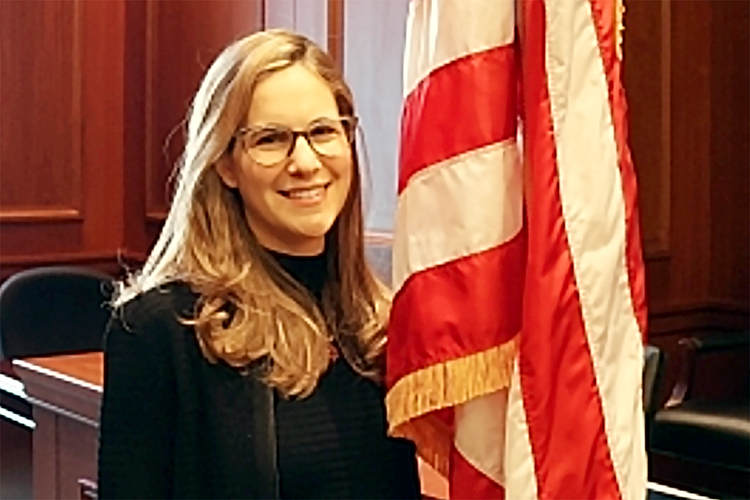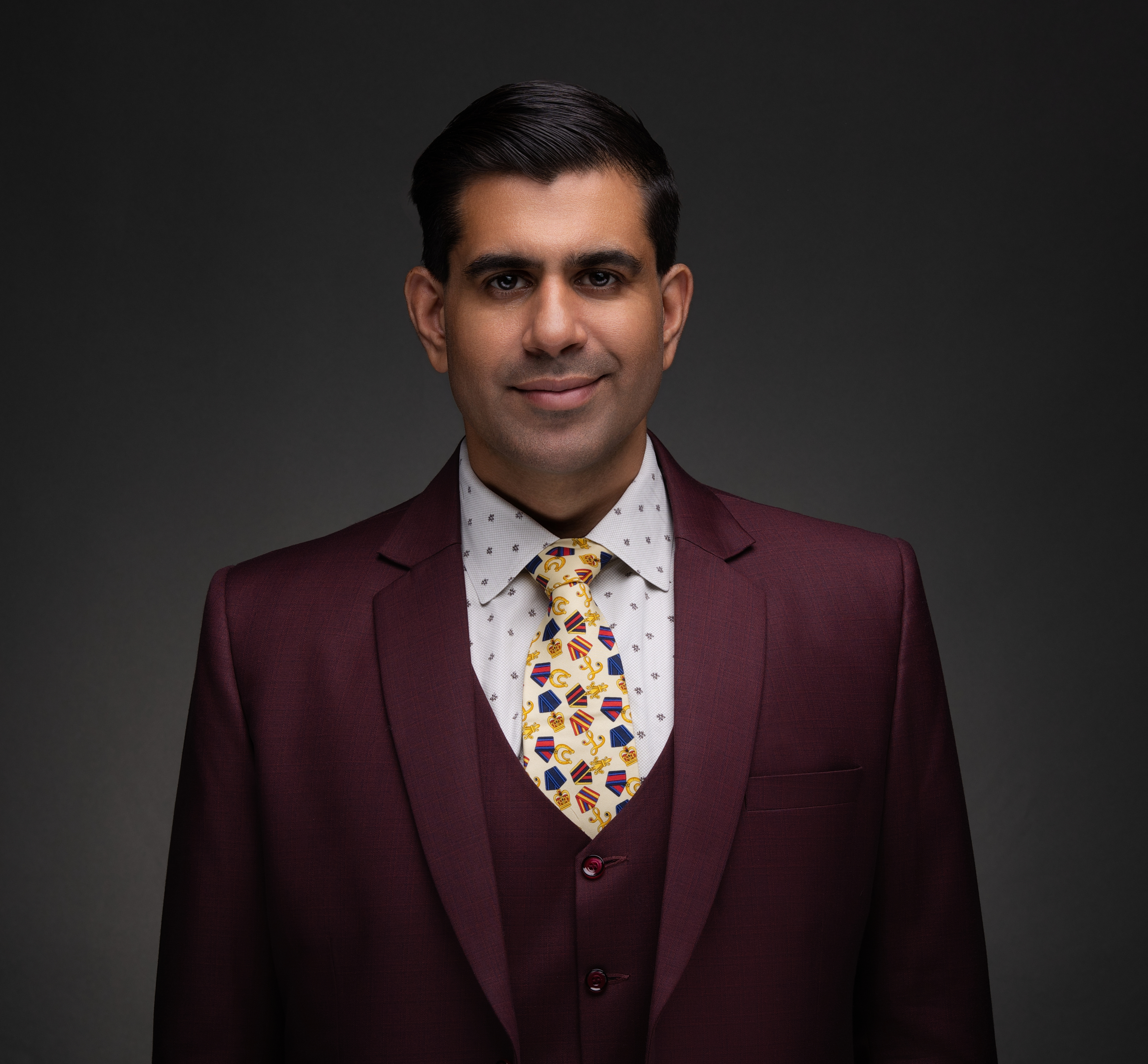Board Surfing
St. Louis attorney Ben Uchitelle knows how to get his name out to clients. Serving his second stint as mayor of nearby Clayton, Mo., Uchitelle is no stranger to the limelight or to public service.
In addition to mayor, he has served as an alderman and a member of various boards and committees. These high-profile political and volunteer posts have helped him advance his legal career.
Of counsel to Husch & Eppenberger in St. Louis, Uchitelle juggled his first years as Clayton’s mayor with his work at the 275-plus attorney firm. He attended mayoral meetings early in the morning, at lunch and at night—spending about 20 hours a week as mayor. “I just had to work a hell of a lot harder.”
But there’s an upside: Being involved in politics and on boards helps attorneys market their careers and develop professionally.
“It’s positive because your name is out there,” says Uchitelle. “People see how you operate in public. They tend to say, ‘That person hopefully knows what he is doing.’ You get business that way.”
Toledo, Ohio, attorney Cherrefe A. Kadri, a private practitioner, got her name out in the community in ways she never imagined. She was the first woman president of the Islamic Center of Greater Toledo—a post she held in 2001 as the 9/11 attackers struck.
“There were a lot of stereotypes out there from the media,” she recalls. But “when the media came around, they found a female; they found her educated. I don’t cover. I don’t have an accent.”
After 9/11, Kadri was asked to serve on community boards. She often gets calls from judges, probation officers, prosecutors and other attorneys asking for her assistance in explaining Muslim customs and beliefs.
Kadri also ran unsuccessfully for municipal judge in Oregon, Ohio. Although she lost, she gained some new clients. She had distributed notepads when she went door-to-door at night and on weekends.
Kadri has sat on both local and national boards such as the Toledo Board of Community Relations and the United Way of Greater Toledo. Serving on boards “broadens my perspective,” Kadri says. “It has helped me grow as a professional and as a member of the greater community.” In addition, she says, “it has been interesting how different kinds of organizations work.”
For Chicago attorney Lawrence D. Levin, serving on boards of not-for-profit organizations is a growth experience as well.
It “has helped me as an adviser. It has given me insight into decisions that boards have to make,” Levin says. And it has helped him better understand the fiduciary duties that boards owe to their membership. He also has learned about consensus building and has sharpened his negotiating skills.
And volunteering time can tip the scales in an attorney’s favor in partnership decisions.
INVOLVEMENT THAT PAYS OFF
“Certainly a candidate’s involvement in not-for-profit boards, in government or in politics, is a big plus,” says Levin, a partner with Katten Muchin Rosenman. “We encourage our attorneys to become involved in a meaningful way outside of the law firm.”
Serving on boards and in politics “allows you to hone your legal skills and exposes you to ideas and issues that you might not face in your everyday practice,” says Levin.
In addition, “it is a very good potential source for relationships that attorneys should develop,” Levin adds.
“You may be on a board of directors with other professionals who can be good referral sources or potential clients. It is an opportunity for them to see you in action and understand you as a person.”
One negative of serving on boards is conflict of interest, which can disqualify attorneys from some work.
But the pros outweigh the cons, Uchitelle says. “Our firm encourages this sort of public participation, recognizing that we are in the business to serve our clients and make some money. There is a balance.”
Write a letter to the editor, share a story tip or update, or report an error.


